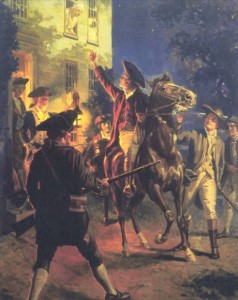Obama thinks of himself as a college administrator, and America as a kind of giant campus. So says Victor Davis Hanson:
…we, the American people, are seen by Obama as a sort of Ivy League campus, with him as an untouchable dean. So we get the multicultural bromides, the constant groupthink, and the reinvention of the self that we see so often among a professional class of administrator in universities (we used to get their memos daily and they read like an Obama teleprompted speech)…On an elite university campus what you have constructed yourself into always matters more than what you have done. An accent mark here, a hyphenated name there is always worth a book or two. There is no bipartisanship or indeed any political opposition on campuses; if the Academic Senate weighs in on national issues to “voice concern,” the ensuing margin of vote is usually along the lines of Saddam’s old lopsided referenda.
In other words, Obama assumed as dean he would talk one way, do another, and was confident he could “contextualize” and “construct” a differing narrative—to anyone foolish enough who questioned the inconsistency.
Actually, I think Obama views the vast majority of Americans not as either students or as professors, but as “staff”…people whose function is to serve the institution but are not really a part of it and who are destined to remain permanantly low on the status ladder.
